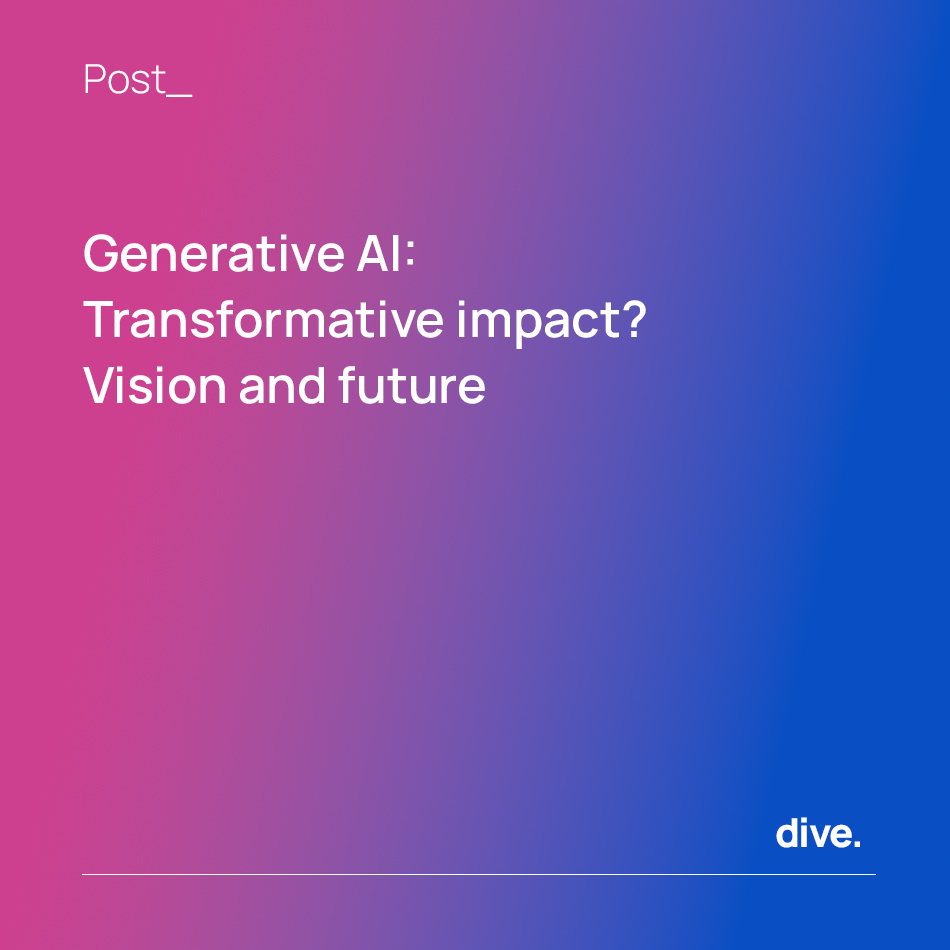Introduction:
Artificial intelligence (AI) is having an increasing impact on all aspects of life and business, and the media industry is no exception. As technology advances, AI is optimizing processes, reducing costs, and complementing human capabilities. This article explores how AI is transforming the media industry, from content creation to distribution, and how companies can adapt and benefit from these innovations.
Impact of AI on the Media Industry:
AI is revolutionizing the media industry by automating repetitive tasks and optimizing complex processes. For example, in journalism, AI can generate text and edit images, allowing journalists to focus on more creative and analytical tasks. Companies like Blizzard Entertainment, Walt Disney, and The New York Times are already investing in AI to improve their efficiency and stay competitive.
In filmmaking, advertising, and gaming, generative AI is increasingly present, helping creatives develop innovative and personalized content. AI also enhances the customer experience by providing personalized recommendations and optimizing ad delivery in real-time.
Benefits of Generative AI:
Generative AI offers multiple benefits, such as improving efficiency and accuracy in content creation. For example, AI tools can analyze large volumes of data to identify patterns and generate relevant and engaging content. This not only saves time but also allows companies to offer more personalized experiences to their customers.
Additionally, generative AI is driving innovation in news production and distribution. Large language models (LLMs), like those used by OpenAI, can generate coherent and well-structured texts from raw data, facilitating automated news creation and optimizing content distribution.
Challenges and Risks:
Despite its benefits, implementing AI presents significant challenges. One of the main issues is inaccuracy and the potential for misinformation. AI models can make mistakes or rely on biased data, leading to the spread of incorrect information. Additionally, creating deepfakes and other manipulated content poses ethical and security risks.
To address these challenges, it is crucial for companies to implement fact-checking measures and establish clear ethical standards. Collaboration between technology companies and news organizations can help ensure that AI-generated content is accurate and reliable.
The Future of AI in the Media:
Looking ahead, AI is likely to continue transforming the media industry. AI tools will complement existing workflows, allowing media professionals to focus on higher-value tasks. The key to success will be the ethical adaptation and use of technology.
Companies that adapt well to AI and use it as a positive tool will be better positioned to lead in the market. On the other hand, those that do not adapt or ignore new regulations and sanctions may face significant difficulties.
In conclusion, AI offers a unique opportunity to transform the media industry, enhancing efficiency, creativity, and personalization. With an ethical approach and continuous adaptation, companies can make the most of these innovations to stay at the forefront in an ever-evolving digital environment.






